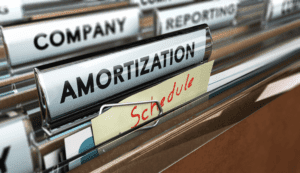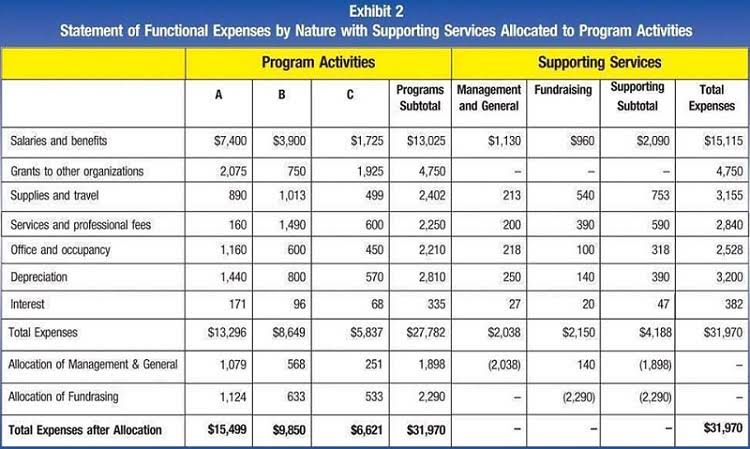Alcohol Dependence and its Relationship with Insomnia and Other Sleep Disorders PMC
Category : Sober living

Figure 2 (adapted from (Colrain, Turlington, and Baker 2009b) gives an example of theproportions of wakefulness (pre-sleep and throughout the night), and different sleep stagesin alcoholic and control men and women. The relationship between alcohol consumption and sleep disturbance is complex. Alcohol acts as a sedative and reduces sleep onset latency5, and as such, may be used proactively to relieve insomnia6. However, there is evidence that alcohol consumption also disrupts sleep, particularly the period of rapid eye movement (REM) sleep7. The perpetual use of alcohol as a sleep aid may be a counterproductive long-term strategy as alcohol disrupts sleep quality and intensifies the need to consume more alcohol8. The association of alcohol dependence with insomnia may be bidirectional in nature9.
- We’re here 24/7 to help guide you or your loved on through rehab and recovery.
- You may experience your most severe sleep disturbances in the first week, but most people find that it eases up with time.
- Specifically, a low alcohol intake decreased the physiological recovery that sleep normally provides by 9.3 percent.
- There were no sexdifferences or interactions between diagnosis and sex for K-complex incidence, P2amplitude or P2 latency.
Quick Tips for Better Sleep
If a person chooses to consume alcohol, drinking in moderation several hours before bed is the best practice for avoiding sleep disturbances. Having a beverage containing alcohol in the evening from time to time may slightly disrupt sleep, but consuming alcohol for multiple nights in a row or every night carries a greater risk of insomnia. Individuals who have attention deficit hyperactivity https://ecosoberhouse.com/ disorder (ADHD) are also particularly affected by insomnia. A 2020 study found that people with ADHD are more likely to consume alcohol to treat their insomnia symptoms. Research shows that regular alcohol intake can reduce sleep quality over time, potentially causing issues such as insomnia. If you find yourself with chronic pain, you may also have high blood pressure.
How Much Alcohol Does It Take to Affect Sleep?
- Making a plan to focus on better sleep habits can help you feel your best and improve your overall health.
- During three decades of follow-up, repeated measures were obtained via a self-completed questionnaire of insomnia symptoms and sleep duration and repeated measures of alcohol consumption and problem drinking.
- Evidence suggests that consuming alcohol may decrease the body’s sensitivity to cues, like daylight and darkness, which trigger shifts in body temperature and secretion of the sleep hormone melatonin.
- Having a drink or two with dinner or when you’re out with friends is still a big part of our culture in many parts of the world.
If you drink, practice moderation and prioritize your health with strategies like staying hydrated and maintaining good sleep hygiene to minimize the negative effects on your sleep. Avoiding alcohol altogether is recommended for a truly restful and restorative night’s sleep. This article discusses the science behind why alcohol makes you sleepy, how to minimize drowsiness while drinking, and the broader effects alcohol has on your sleep and overall health. When you drink alcohol, it acts as a depressant for your central nervous system, meaning that it can cause brain activity to slow down. Interestingly, the harmful effects of alcohol were more pronounced among young people compared with seniors.
How Does Alcohol Impact Sleep?
- A 2014 study suggested that cognitive behavioral therapy may help reduce sleep problems, depression and alcoholism.
- There is some inconsistency in the literature relating to REM sleep abnormalities during sustained recovery.
- Below, we’ll take a closer look at how alcohol affects the different stages of sleep, as well as how the quantity and timing of alcohol can influence sleep quality.
- Nonpharmacological treatments are often used by medical professionals because many medications for insomnia can be addictive.
- It is generally metabolized at a rate of 0.01 to 0.02 g% per hour (Arnedt et al., 2011b).
This peak may be blunted or delayed in those with AD (Kuhlwein et al., 2003). Consequently, AD subjects may be more likely to manifest a delayed phase type disorder, which may present as difficulty falling asleep. Sleep problems are common during this phase and may be prevalent in about 65% of individuals during this phase (Brower et al., 2001a, Kolla et al., 2014). Subjective complaints in those with insomnia as compared to those without include longer SOL, increased WASO and lower sleep efficiency (Brower et al., 2001a, Conroy et al., 2006b).
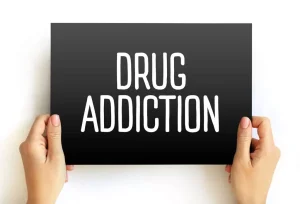
Though alcohol can have a sedative effect, it has also been linked to sleep disorders like insomnia. If you’re having trouble falling or staying asleep, alcohol consumption could be a contributing factor. While drinking alcohol before bedtime may help you feel relaxed and sleepy, enjoying a nightcap puts you at risk of experiencing repeated wakings and low-quality sleep later in the night. As a result, they alcohol insomnia may consume alcohol to speed up falling asleep, but evidence shows this technique does not improve sleep quality. Small amounts of alcohol may cause short-term sleep disturbances, but frequent and large quantities of alcohol consumption may lead to chronic insomnia for certain individuals. One study showed that muscle relaxation therapy can improve the sleep quality of people with drinking problems.
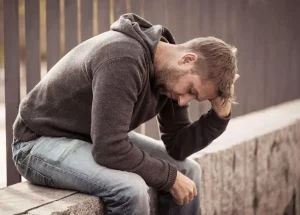
Why Alcohol Makes You Sleepy
Simply cutting back or giving up alcohol or other drugs can be enough to reverse the negative impacts on your sleep (and can greatly improve your health overall). If you have alcohol in your system when you hit the hay, you may not sleep very deeply, or for very long, on and off throughout the night. That’s because as alcohol starts to metabolize, the sedative effect wears off. The key is to drink in moderation and give yourself time before going to bed so the alcohol can clear your system.
Nonpharmacological treatments are often used by medical professionals because many medications for insomnia can be addictive. If you or a loved one are suffering from Insomnia that you believe is tied to an alcohol use disorder, then your problem is likely more severe than you realize. Insomnia can be easily treated for most and, if it is caught early enough, completely avoided before any permanent damage has taken hold. Unfortunately, many attempt to use the sedative effects of alcohol to combat their insomnia through self-medication.
How Does Alcohol Withdrawal Affect Sleep?
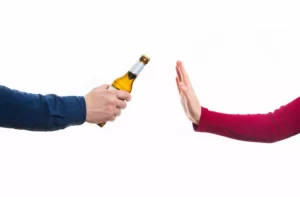
Then, as withdrawal from the drug or alcohol occurs there’s a big sleep-wake reversal which then needs to be addressed. Vivid dreams and nightmares — With alcohol in your system you’re more likely to have intense, colorful dreams and nightmares as you sleep patterns ebb and flow. You may or may not remember them, but they can be lucid or give you a feeling that you are half awake and half asleep. Napping was common during recovery in one study resulting in longer WASO times, decreased TST and lower SE (Currie et al., 2003a). Below, we’ll take a closer look at how alcohol affects the different stages of sleep, as well as how the quantity and timing of alcohol can influence sleep quality.
It is, rather, the symptoms of withdrawal taking a physical and mental toll on the person quitting that pushes them back. Insomnia is a very treatable disorder and taking the time to treat it can mean the difference between recovery and relapse. While Insomnia can lead to a dependency on alcohol, the opposite, like many mental disorders, is also true.


